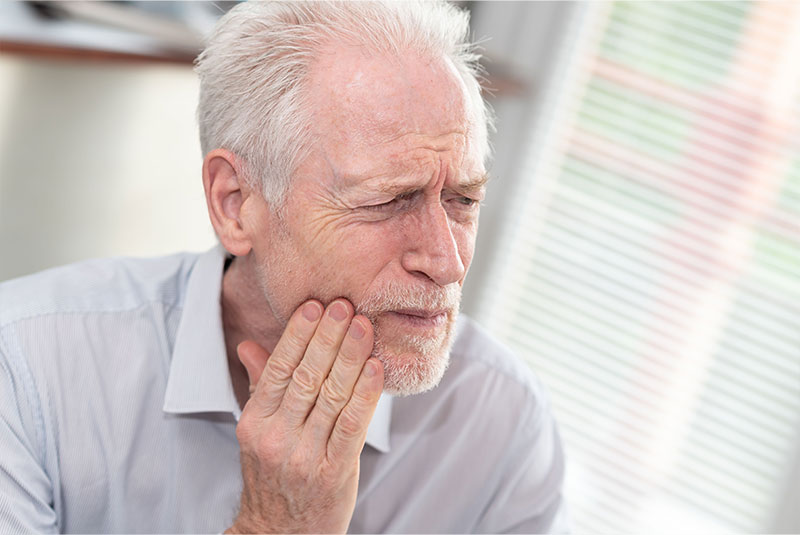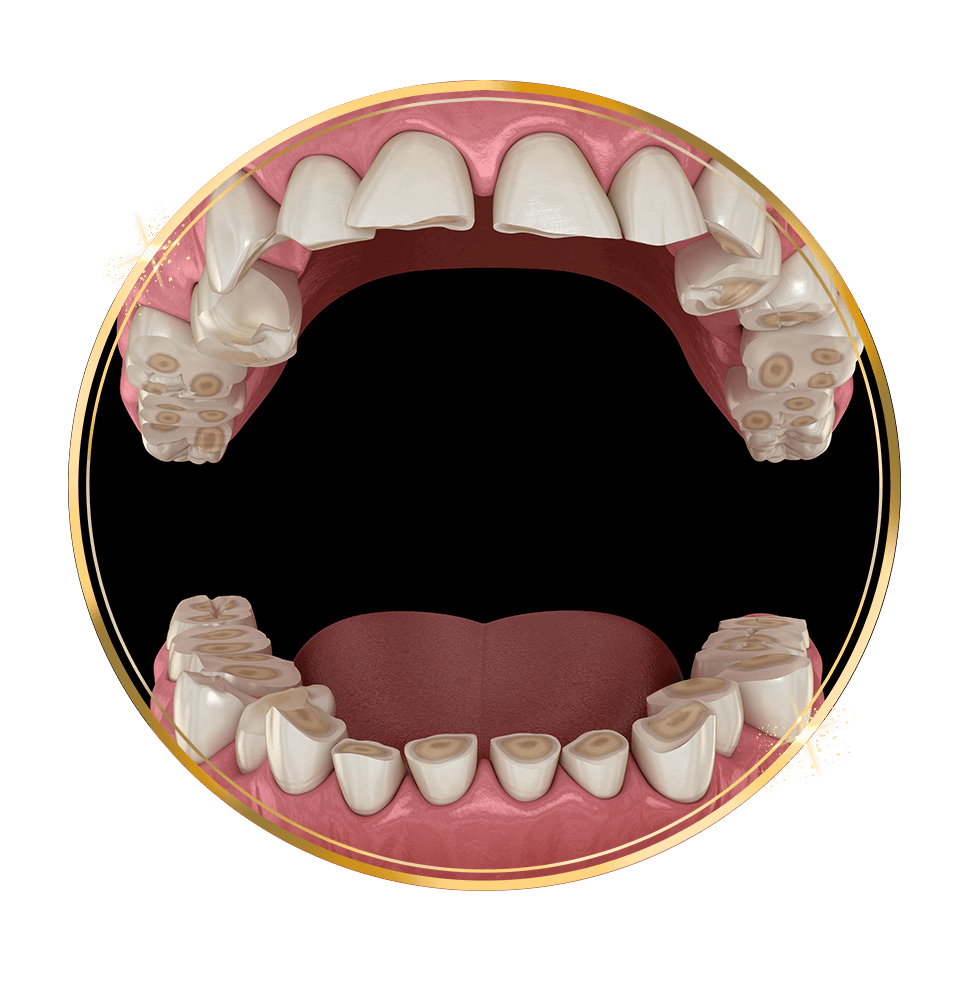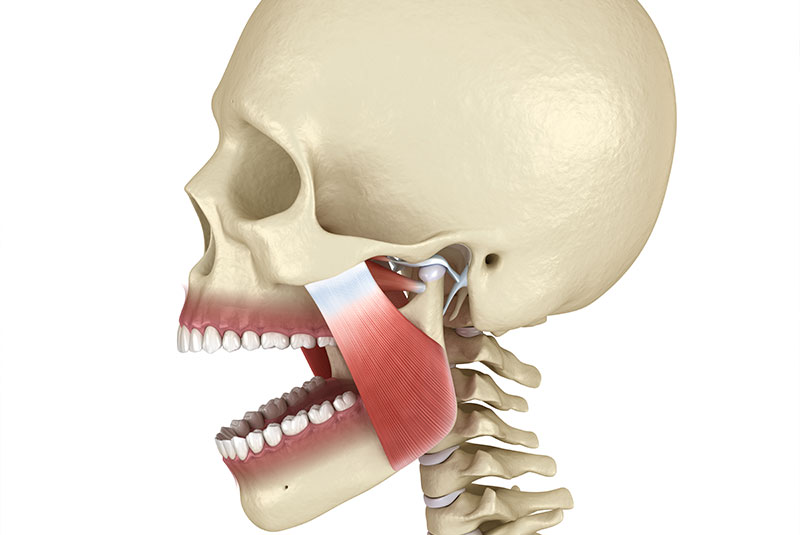

Bruxism and TMJ (temporomandibular joint) dysfunction are prevalent yet often misunderstood dental health issues. Bruxism is characterized by the involuntary grinding and clenching of teeth, which can lead to discomfort, pain, and significant wear on the teeth.
TMJ dysfunction affects the jaw joints, causing symptoms like jaw pain, severe headaches, earaches, and difficulties with oral functions. At Gwinnett Dental Implant & Periodontal Center, we provide comprehensive solutions to treat TMJ dysfunction and bruxism effectively.
Bruxism can stem from a variety of factors. While the exact cause is often unclear, it is believed to be influenced by physical, psychological, and genetic factors. Common triggers include heightened anxiety and stress, which can lead to unconscious teeth grinding, particularly during sleep. Sleep disorders, such as sleep apnea, can also contribute to bruxism.
Lifestyle habits like nail-biting, excessive alcohol consumption, and fatigue are linked to the condition. Misaligned teeth and other dental issues may exacerbate the problem, while certain medications and substances, including caffeine and tobacco, can increase the likelihood of bruxism. Understanding these diverse causes is crucial for effectively managing and treating the condition.


TMJ dysfunction arises from various factors affecting the complex jaw joints that connect the lower jaw to the skull. This condition can be triggered by physical trauma to the jaw or head, leading to injury or misalignment of the jaw joints. Chronic stress and anxiety often result in jaw clenching or teeth grinding (bruxism), which exerts excessive pressure on the TMJ. Arthritis, particularly osteoarthritis and rheumatoid arthritis, can cause inflammation and joint deterioration.
Poor posture, especially in the neck and shoulders, can strain the jaw muscles and joints. Other contributing factors include congenital jaw deformities, dental misalignment, and habitual behaviors like chewing gum excessively or nail-biting. Hormonal changes and genetic predispositions may also play a role in the development of TMJ dysfunction. Understanding these varied causes is essential for diagnosing and treating TMJ disorders effectively.
Occlusal splints, known as bite or night guards, are custom-made devices designed to fit over teeth. They are primarily used to prevent teeth grinding (bruxism) and alleviate the symptoms of TMJ dysfunction.
These splints help protect the teeth from wear and reduce jaw muscle tension by redistributing the forces exerted during jaw clenching. Made from durable acrylic or soft materials, occlusal splints are typically worn at night but can also be used during the day if necessary.
Sleep disorder treatments vary depending on the specific condition and its underlying causes. Common approaches include lifestyle changes, such as improving sleep hygiene, establishing a regular sleep schedule, and reducing caffeine and alcohol intake.
Medical interventions may involve prescription medications, CPAP machines for sleep apnea, or cognitive-behavioral therapy for insomnia. Additionally, addressing contributing factors like stress, anxiety, and underlying health issues can significantly improve sleep quality and overall well-being.
Orthopedic treatment and corrective jaw surgery are essential for addressing severe jaw misalignments and facial imbalances. These procedures can correct congenital deformities, injuries, or developmental issues that affect the function and aesthetics of the jaw.
By realigning the jaws, patients often experience improved chewing, speaking, and breathing and enhanced facial symmetry. The treatment process typically involves a comprehensive evaluation, pre-surgical orthodontic care, and a customized surgical plan to ensure optimal results and long-term benefits.
Bite realignments with orthodontic treatments involve adjusting the positioning of teeth and jaws to improve dental function and aesthetics. Orthodontic appliances, such as braces or clear aligners, gradually shift teeth into proper alignment, addressing issues like overbites, underbites, and crossbites.
These treatments enhance the appearance of the smile and improve chewing, speaking, and overall oral health. Comprehensive evaluation and personalized treatment plans ensure that each patient achieves optimal, long-lasting results.

Lifestyle changes are crucial in effectively managing TMJ dysfunction and bruxism. Reducing stress through relaxation techniques, such as yoga or meditation, can help decrease jaw-clenching and grinding behaviors.
Avoiding hard or chewy foods, as well as limiting caffeine and alcohol intake, can alleviate strain on the jaw muscles. Establishing a consistent sleep routine and using a bite guard at night can further protect the teeth and promote better jaw alignment, improving overall comfort.
